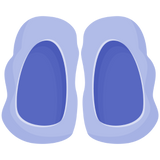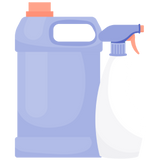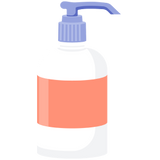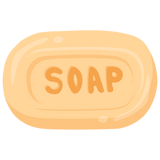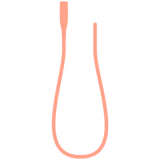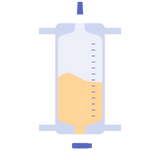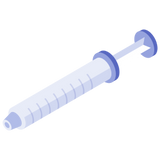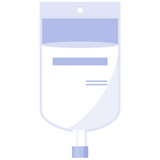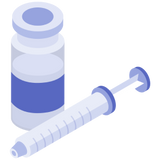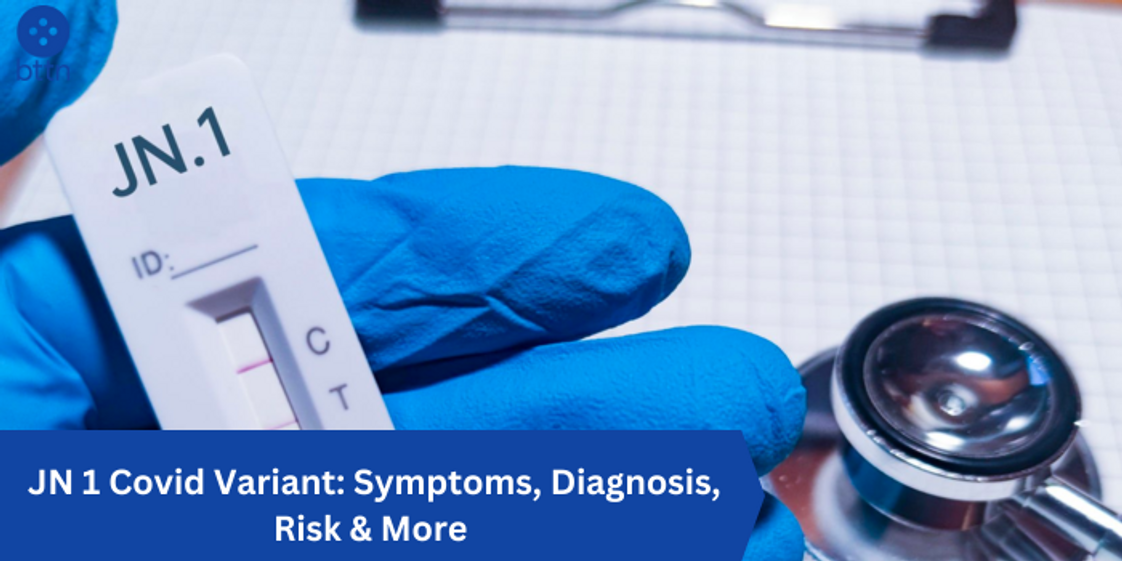
JN 1 Covid Variant: Symptoms, Diagnosis, Risk & More
Posted by Pankaj Dhiman on Jan 1st 2024
JN 1 Covid Variant: Everything You Need to Know to Stay Safe
The COVID-19 pandemic, despite significant progress through vaccinations and public health measures, continues to evolve. The emergence of new variants like JN.1 necessitates staying informed and prepared. This blog delves into the JN.1 variant, covering its symptoms, diagnosis, risks, precautions, prevention methods, and treatment options.
Must Read: How to Choose the Right Medical Supplies for Your Needs
What is JN 1?
JN 1 is a sub-lineage of the Omicron variant (BA.2.86) of SARS-CoV-2, the virus that causes COVID-19. It was first identified in USA in September 2023 and has since spread to several other countries. While its origin and exact characteristics remain under investigation, JN 1 presents some unique features.
Must Read: Winter Woes: The Hidden Dangers of Vitamin D Deficiency
Symptoms of JN 1:
The symptoms of JN 1 are similar to those of other Omicron variants, but some subtle differences may be present. Common symptoms include:
- Fever
- Cough
- Fatigue
- Sore throat
- Headache
- Runny or stuffy nose
- Muscle aches
- Loss of taste or smell
- Diarrhea or nausea (less common)
Diagnosis of JN 1:
Diagnosing JN 1 is similar to diagnosing other COVID-19 variants. It typically involves:
- RT-PCR test: This is the gold standard for COVID-19 diagnosis and can detect the presence of the virus.
- Rapid antigen test: These tests are faster but less accurate than PCR tests and may not always detect JN 1.
Purchase Now - COVID Test Kits
Is JN 1 More Dangerous?
While JN 1 seems to be more transmissible than previous Omicron sub-lineages, there is no evidence yet to suggest it causes more severe illness. However, it's important to remember that anyone can experience severe complications from COVID-19, regardless of the variant.
Buy Now - CareStart Rapid Antigen Test
Risk Factors for JN 1:
The risk factors for JN 1 are similar to those for other COVID-19 variants. Individuals who are:
- Unvaccinated or not fully vaccinated
- Elderly
- Have underlying medical conditions
- Are immunocompromised are at higher risk of experiencing severe complications from JN 1.
Precautions and Prevention Tips:
While JN 1 raises concerns, we can still take steps to protect ourselves and others:
- Get vaccinated and boosted: Vaccination remains the most effective way to prevent severe illness, hospitalization, and death from COVID-19.
- Wear a mask: Masks, especially well-fitting N95 or KN95 masks, significantly reduce the risk of transmission.
- Maintain social distancing: Keep a safe distance from others, especially in crowded settings.
- Practice good hygiene: Wash your hands frequently with soap and water or use alcohol-based hand sanitizer.
- Stay home if sick: If you experience any symptoms, isolate yourself and get tested.
Buy Now - Face Masks
Treatment for JN 1:
The treatment for JN 1 is similar to the treatment for other COVID-19 variants. It depends on the severity of the illness and may include:
- Supportive care: Rest, fluids, and medication to manage symptoms like fever and pain.
- Antiviral medications: These medications can help shorten the duration of illness and reduce the risk of complications.
- Monoclonal antibody therapy: This therapy can be used to help the immune system fight the virus, but it is not effective against all variants.
Staying Informed:
The situation with JN 1 is evolving rapidly. It's crucial to stay informed by following reliable sources of information, such as your local health department, the World Health Organization (WHO), and reputable news outlets.
Must Read: Navigating the US Healthcare System: A Step-by-Step Guide
In Conclusion:
The emergence of JN 1 reminds us that the COVID-19 pandemic is not over. While it's important to be aware of the risks, we can also be empowered by taking proactive steps to protect ourselves and our communities. By staying informed, practicing preventive measures, and getting vaccinated, we can navigate this new variant and continue to move forward in the fight against COVID-19.
Remember: This information is for general educational purposes only and should not be interpreted as medical advice. Always consult with your doctor for personalized guidance regarding your health.






